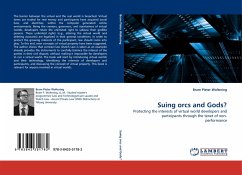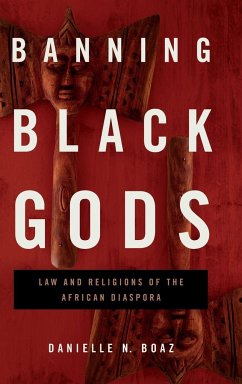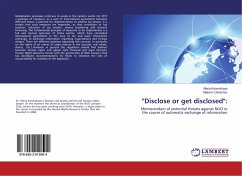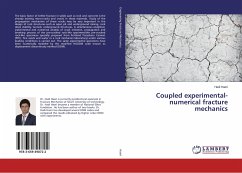The barrier between the virtual and the real world is breached. Virtual items are traded for real money and participants have acquired social lives, and identities, within the computer generated online environments. Being the creators, governors, and maintainers of virtual worlds, developers retain the unlimited right to (ab)use their godlike powers. These unlimited rights (e.g., altering the virtual world and deleting accounts) are legalized in their general conditions. In order to protect the growing interests of the participant, law should come into play. To this end, even concepts of virtual property have been suggested. The author shows that contract law (Dutch Law is taken as an example) already provides the instruments to carefully balance the interest of the parties in their civil dispute, without making it impossible for developers to run a virtual world. The book will start by introducing virtual worlds and their technology, identifying the interests of developers and participants, and discussing the concept of virtual property. This book is relevant for anyone involved in virtual worlds.
Bitte wählen Sie Ihr Anliegen aus.
Rechnungen
Retourenschein anfordern
Bestellstatus
Storno








